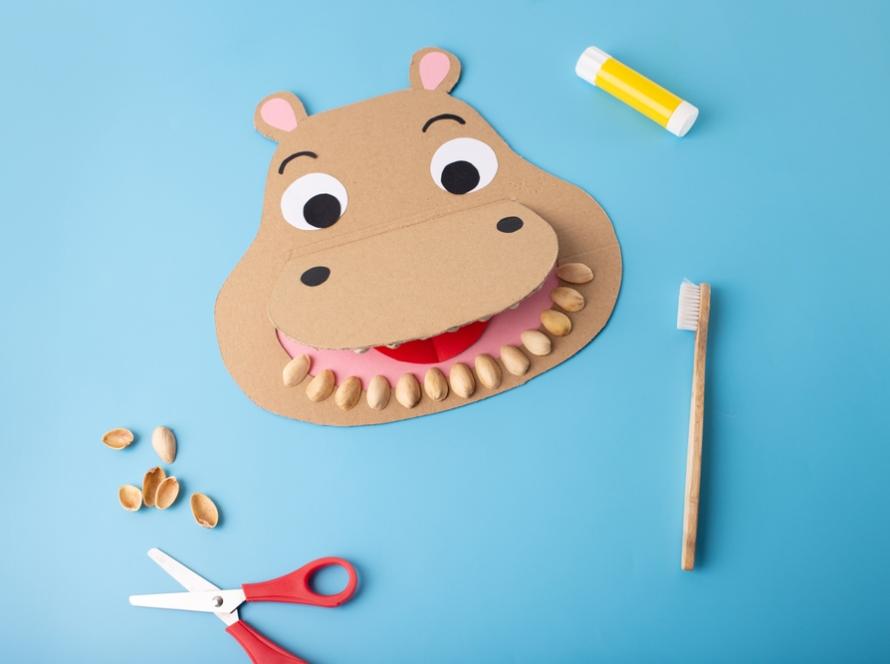In today’s digital age, children are increasingly glued to screens, whether it’s for educational purposes or entertainment. But while digital devices offer numerous benefits, excessive screen time can have unintended consequences on kids’ dental health. Understanding the link between screen time and oral hygiene is vital for maintaining healthy smiles among children.
The Connection Between Screen Time and Dental Health
Increased screen time is often associated with poor dietary habits, which can directly impact kids’ dental health. When children are engrossed in their devices, they are more likely to snack mindlessly on sugary treats and drinks that are harmful to their teeth. This habitual snacking without proper oral hygiene can lead to tooth decay and cavities.
Moreover, excessive use of digital devices can disrupt regular oral care routines. Kids might skip brushing or flossing when they become too absorbed in their screens, leading to plaque buildup and other dental problems. As screen time continues to rise, so does the importance of reinforcing good dental habits.
The Connection Between Screen Time and Bruxism
Excessive screen time can contribute to teeth grinding (also known as bruxism) in children through several interconnected factors. Here’s how:
Increased Stress and Anxiety
- Overstimulation: Prolonged exposure to screens, especially to fast-paced or intense content like video games, social media, and action-packed videos, can lead to overstimulation. This overstimulation can increase stress levels in children, which is a known trigger for teeth grinding.
- Emotional Effects: The constant exposure to blue light and content can also affect mood, potentially leading to anxiety and stress. Children may become more prone to stress-related habits, including teeth grinding, as a way to cope.
Sleep Disruption
- Impact on Sleep Quality: Excessive screen time, particularly before bed, can interfere with the natural production of melatonin, the hormone that regulates sleep. This can result in trouble falling asleep, disruptions in sleep patterns, and a decrease in sleep quality.
- Bruxism Link: Poor sleep quality and inadequate rest are associated with an increased risk of bruxism. Children who don’t get enough restful sleep may be more likely to grind their teeth during the night.
Poor Jaw Muscle Relaxation
- Tension from Screen Use: Prolonged periods of screen use can result in physical strain, including jaw tension. Children might hold their mouths or jaws in a certain position while watching screens, leading to muscle tension.
- Muscle Memory: This can cause the jaw muscles to remain tense even when the screen is off, increasing the likelihood of grinding or clenching teeth during sleep.
Encouraging Healthy Habits
Parents can play a pivotal role in balancing screen time and promoting kids’ dental care. Here are some practical steps:
- Set Screen Time Limits: Establish clear rules about how much time children can spend on digital devices each day. Limiting screen time encourages kids to engage in other activities and helps reduce the temptation to snack frequently.
- Promote Regular Breaks: Encourage children to take breaks from their screens to stretch, hydrate, and maintain their oral hygiene. This can include scheduled breaks for brushing teeth after meals and snacks.
- Educate About Nutrition: Teach children about the connection between their dietary choices and dental health. Encourage healthy snacks like fruits and vegetables, which can help clean teeth and promote overall oral health.
Regular Dental Check-ups
Visiting a children’s dentist regularly is crucial for maintaining kids’ dental health. Dentists can provide professional cleaning, identify early signs of dental issues, and offer personalized advice on managing screen time’s impact on oral health. Regular check-ups also help reinforce the importance of dental hygiene in children’s minds.
The Role of Technology
While digital devices can pose challenges, they can also be allies in promoting oral health. Several apps and devices are designed to make dental care fun for kids. For instance, interactive brushing apps can guide children through proper brushing techniques, while timers can help ensure they brush for the recommended two minutes.
While screen time is an inevitable part of modern childhood, it is essential to manage its impact on kids’ dental health. By fostering healthy habits and maintaining regular dental visits, parents can help ensure their children enjoy healthy smiles for years to come. Keeping a balance between technology use and oral hygiene is key to safeguarding children’s dental care.


